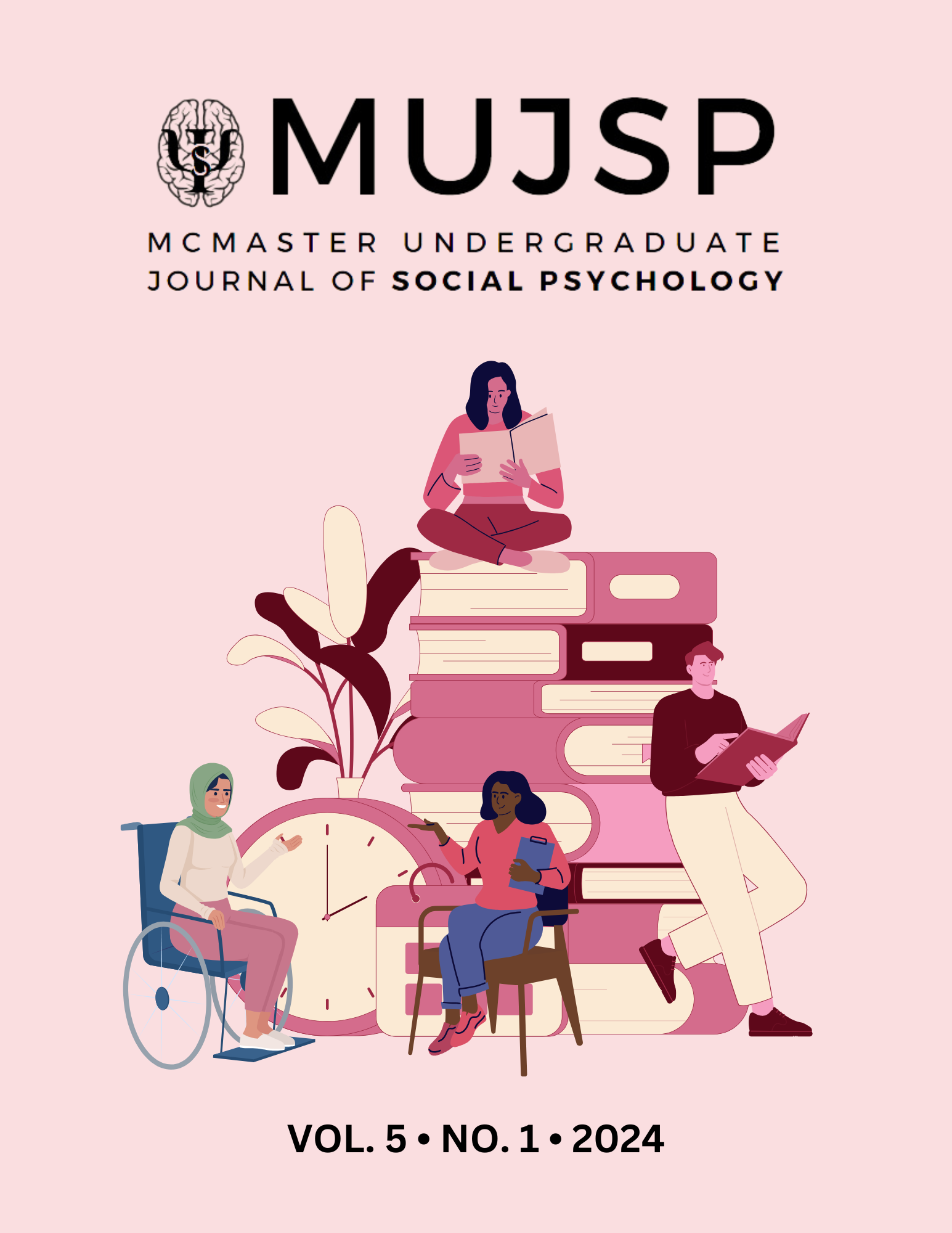Exploring Undergraduate Students’ Perceptions of the Myers-Briggs Type Indicator (MBTI) at McMaster University
Résumé
This research project aimed at collecting McMaster University undergraduate students’ perceptions of the Myers-Briggs Type Indicator (MBTI) to understand the effects such perceptions have on their interpersonal and intrapersonal dynamics. Led by a team of student researchers, the research project seeks to understand the extent to which individuals use MBTI in explaining others' behaviors while exploring whether reliance on MBTI is linked to heuristics or errors. The theoretical frameworks guiding this study include Symbolic Interactionism, Labelling Theory, Social Identity Theory, and theories on stereotypes. These theories help us in examining how societal symbols, personality test results, social categorization, and stereotypes influence individuals’ perceptions and behaviors in the context of MBTI. This study was reviewed and approved by the McMaster Research Ethics Board (MREB) and the methodologies of our choice employ a quantitative approach, utilizing an anonymous online survey deployed on the MREB approved platform “LimeSurvey.” Targeting a sample size of approximately 57 undergraduate participants from McMaster University. The survey employs an online and anonymous format. The research finding suggests that MBTI has influences on interpersonal and intrapersonal dynamics. On the intrapersonal level, individuals are more likely to identify with their MBTI test results, to believe that the MBTI fully explains personal behavior and use MBTI memes to empathize with others. On the interpersonal level, individuals who identify with stereotypes associated with their MBTI types are more likely to embrace and relate to popular MBTI memes on the Internet describing personalities, reflecting a potential tendency to look for similar personality traits in the socialization process.


